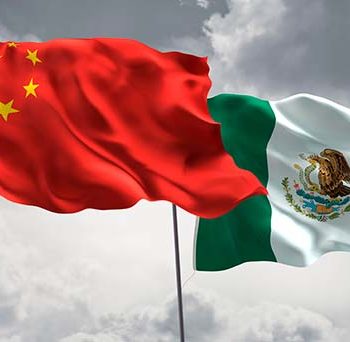
Colombia gets $70m from new global renewable integration fund.
- Posted by Colombia
- On Wednesday September 20th, 2023
- 0 Comments
“Colombia will get the first pay-out of a $300m Climate Investment Funds pot for transmission lines, batteries, EV chargers and green hydrogen.”
Colombia is set to be the first country to benefit from a new fund to help the roll-out of renewable energy across the world.
The Climate Investment Funds (CIF) will lend Colombia $70m at a low-interest rate so that it can invest in its transition from dirty to clean energy.
The funds are aimed at infrastructure which helps get renewable electricity to communities and businesses including batteries to store renewable electricity, transmission lines to move it around and facilities to make green hydrogen with it.
The money comes from a $300m pot made up of one-off donations from the governments of the United Kingdom, Netherlands, and Switzerland.
Other countries set to benefit with up to $70m each are Kenya, Mali, Fiji and Ukraine.
If rich nations give more, the next developing countries on the priority list are Brazil, India, Indonesia, Turkiye and Costa Rica.
An official told Climate Home “there is an active fundraising campaign underway to draw in more resources from donors and support additional countries”.
The Colombian government expects the $70m will mobilize $280m more from multilateral development banks and carbon finance markets.
It predicts the spending will save a total of 1.6 million tons of carbon dioxide from entering the atmosphere. That’s about 1% of the greenhouse gas Colombia produces every year.
Colombia gets about three-quarters of its electricity from hydropower dams, a zero-carbon source. The rest is mostly from fossil fuels.
The Colombian government plans to use the money for loans and guarantees to green projects.
Red tape challenge
The government says that delays to environmental permits could threaten some projects’ success, especially after the government approved the Escazu agreement which protects environmental defenders.
Colombian environmentalist Martin Ramirez told Climate Home that the social and environmental licenses to build transmission lines are “almost impossible to get fast”.
He added: “There is a lot of bureaucracy and red tape in Colombia, it’s getting harder and harder” and that officials can demand bribes to approve projects.
Green hydrogen facilities are often easier than transmission lines, he said, because they only cover a small area and so only one community has to be consulted.
Another risk, the government’s plan acknowledges, is political instability. Colombian presidents get only one four-year term so left-wing environmentalist president Gustavo Petro will leave office in 2026.
The Climate Investment Funds was set up in 2008 and has received $11 billion from 14 countries. It works from the same building as the World Bank in Washington DC. It recently dedicated $500m to Indonesia ’s energy transition.




0 Comments